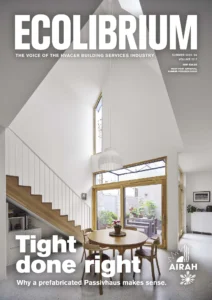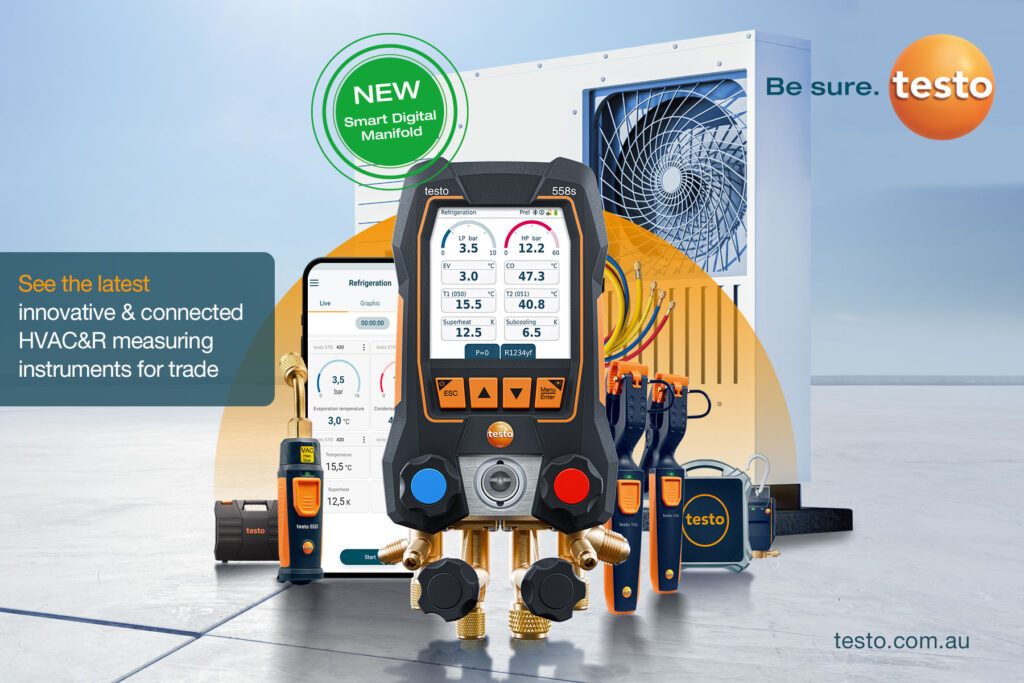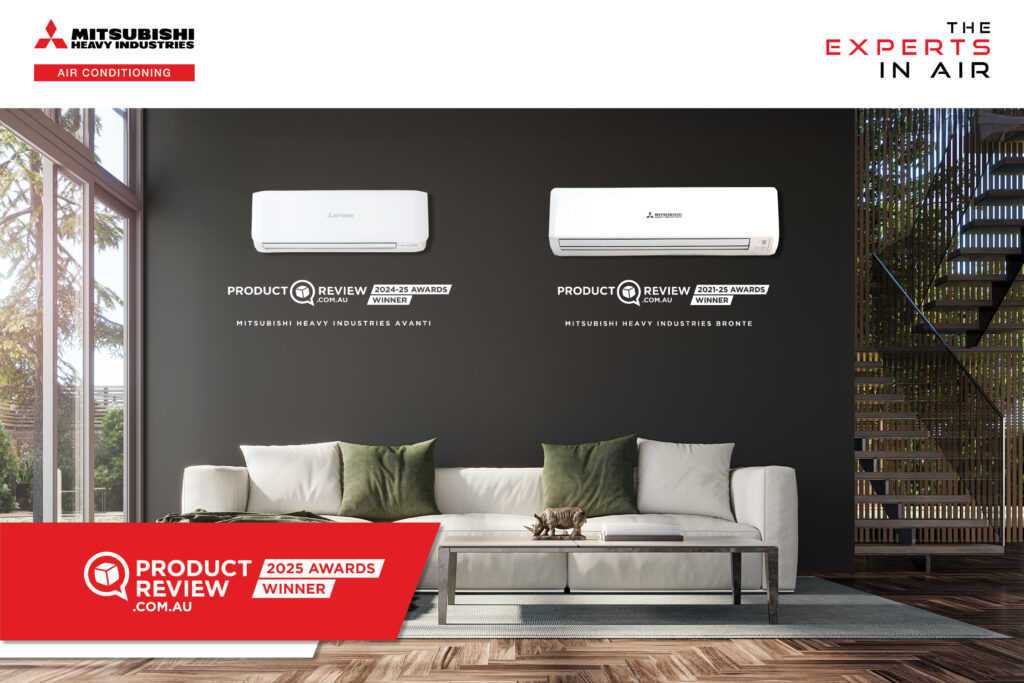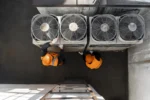Where did the time go?

So, we are almost at the end of 2023 – where does the time go? Here’s the thing: we are focused on net zero and carbon neutrality, but what has been done in the past 12 months to reach our targets, and where will we be at the end of the next 12 months, I wonder?
I don’t have all the answers but there are many things that we can do. The big end of town is getting there but what about the rest of us – what are we doing in our homes? What can we do? Well for a start, we all need to get smarter with our own energy usage. Residential cooling accounts for a considerable amount of the annual energy use in Australia – we all think it’s too hard to fix, that we need new systems in our houses. Well, no, that’s not always the case.
Simply by drawing the blinds, you can delay the start time of your system at home. And if you raise – yes, raise – the temperature setting by 1°C you can achieve energy savings of up to 10 per cent. Let’s be honest: How many of us wind up setting our comfort cooling systems too low, the end result being a house that is like a fridge?
“There is no such thing as bad weather, just wrong clothes.”
Billy Connolly
If it is above 35°C outside, the temperature does not need to be 18°C inside. Many countries have guidelines around acceptable indoor temperature setting – for example 19°C in winter and 25°C in summer. These make sense to me.
Of course, actions such as dressing appropriately for the conditions will help to reduce excessive use of energy.
Some energy-saving actions require only relatively minor changes to how we work and play. Travel is obviously a big consideration. Do we really need to take that car trip and/or plane journey? Air travel uses a significant amount of fossil fuel. Can your meeting therefore take place virtually, or can it be timed in such a way that it corresponds to another meeting or action – the two birds/one stone approach. Is the meeting even required at all?
Let’s start rejecting single-use or non-recyclable items. Sure, in some cases this may be an inconvenience, but the production of these is not only a waste of material and resources, it’s also a waste of energy in the production process.
We only have one planet, so at the very least let’s try to do the right thing and preserve it in its current state.
Look, the news is not all negative. There are a lot of things we can do, and all of us can do our bit and collectively we will see change. But time is an enemy, and it’s important to act now.

This article appears in Ecolibrium’s Summer 2023-24 edition
View the archive of previous editions
Latest edition
See everything from the latest edition of Ecolibrium, AIRAH’s official journal.





